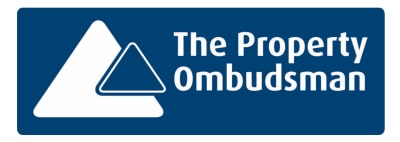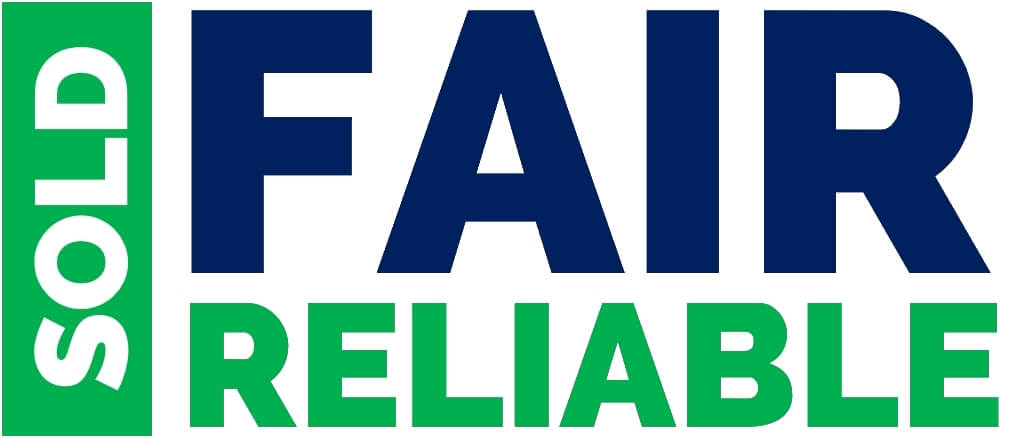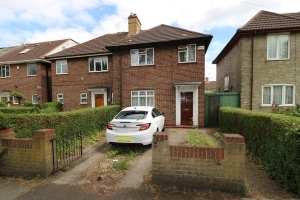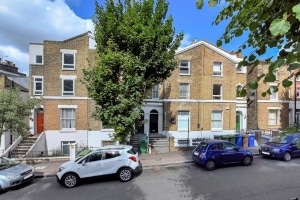Selling a Probate Property?
Executors take on a lot of responsibility when administering a deceased estate, which can be especially stressful during a time of grieving. Our useful guide offers some information on how to proceed with the sale of a probate property.
Call 0800 862 0206 for your FREE sale price estimate
Selling a probate property can be more complicated than an ordinary sale. This section explains why probate properties are particularly well suited to sale at auction.
The information provided in this article is for guidance purposes only. You should always obtain your own independent legal and financial advice.
Last updated by Mark Grantham on 22nd May 2022
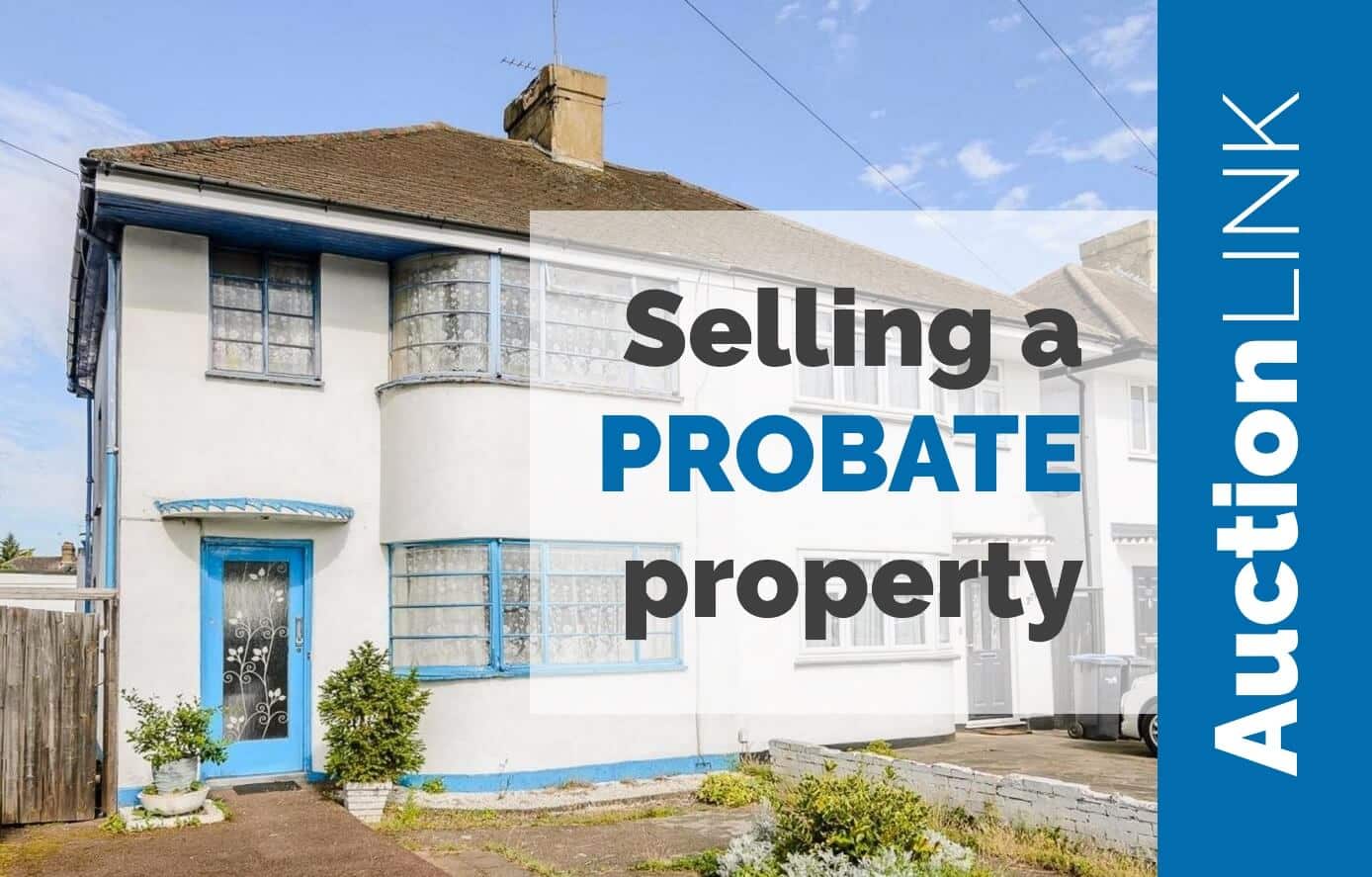
What is a probate property?
If the deceased owned a house or flat, this will be included in the estate. And it is very often sold as part of the administration rather than being transferred directly to a beneficiary. The decisions on how to sell the property are made by the executors of the estate – usually friends, family or a solicitor. And the executor will act as the owner would have, in signing the contract of sale and other legal documents.
Why sell a probate property at auction?
There are 3 main reasons why probate properties are suited to sale at auction.
Firstly, there are certain responsibilities an executor has towards the beneficiaries named in the will. The executor has a duty to ensure the property is marketed for sale on the open market to achieve a fair price. One way to do this is to sell the property at public auction, which offers a transparent sale, so there is no way the executor can be accused on under selling the property.
Why sell by auction?
✔ Sell to the highest bidder
✔ Sales don’t fall through
✔ Property “sold as seen”
Secondly, many of the probate properties that we come across have not been updated in recent years. Properties in need of refurbishment, particularly those in popular areas generate a lot of demand at auction. It’s not uncommon to see an unmodernised property sell at auction for a lot more than an estate agents suggested asking price.
Lastly, all parties involved in probate will usually be keen to settle the estate as quickly as possible. Taxes need to be paid and the beneficiaries share of the estate paid out. Auction is the quickest and most reliable route to selling.
Can a house be sold before probate is granted?
Questions and Answers
✅ What price do probate properties sell for?
Auction is the ideal marketplace for selling probate properties, especially houses and flats in a poor state of repair. Buyers compete against each other, forcing the price upwards. Probate properties typically sell for more at auction compared to any other method of sale.
✅ How much does it cost to sell a house at auction?
The cost for selling a probate property at auction works out to be about the same as selling through an estate agent. Auctioneers typically charge a commission of 2%+VAT only paid after the sale.
✅ Do I need to clear out the property before selling?
When selling at auction, probate properties can be sold as they are, without needing to clear out or clean. There’s no requirement to carry out any repairs when selling a probate property at auction.
✅ How quickly can I sell a probate house?
Auction is quick and reliable; properties are sold on the day and the buyer cannot back out. The buyer puts down a 10% deposit and legally exchanges contracts on auction day. Completion of sale is 4 weeks later. You will need to have received the grant of probate before selling a property at auction.
More help: Selling a probate property resources
Hundreds of Will and Probate questions and answers:
The Gazette – Probate FAQ’s (external link)
What to do when someone dies – a checklist:
The Gazette – Probate Checklist (external link)
Guide to applying for probate:
GOV.UK – Guide to Applying for Probate (external link)
Guide to selling an inherited property:
Auction Link – Guide to Selling an Inherited Property
Next steps…
Auction Tip
When selling a property by auction it’s quite common for sellers to receive offers before auction day. Although it can be tempting to secure a sale by accepting an offer, if there’s a good level of interest in the property then why not let bidders fight it out against other buyers on auction day!
Find an auctioneer
Need help choosing a local property auctioneer? Call 0800 862 0206 or send us an enquiry online.
